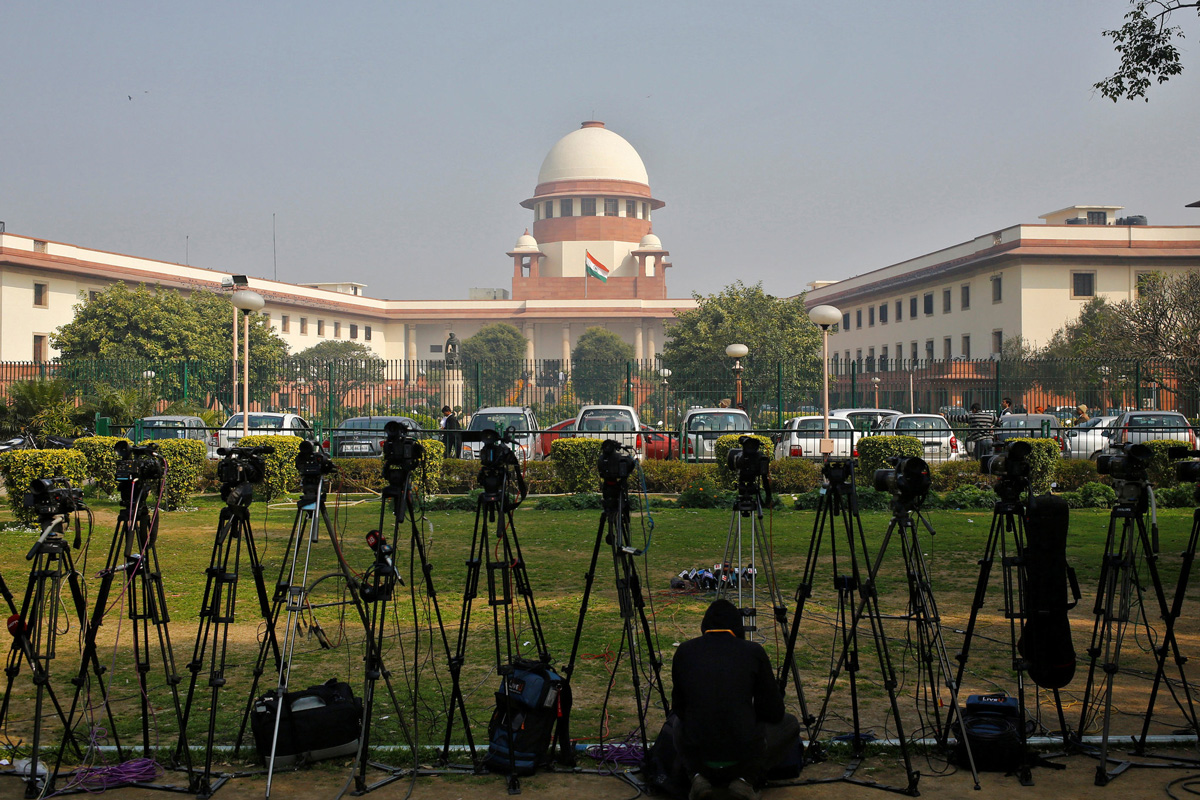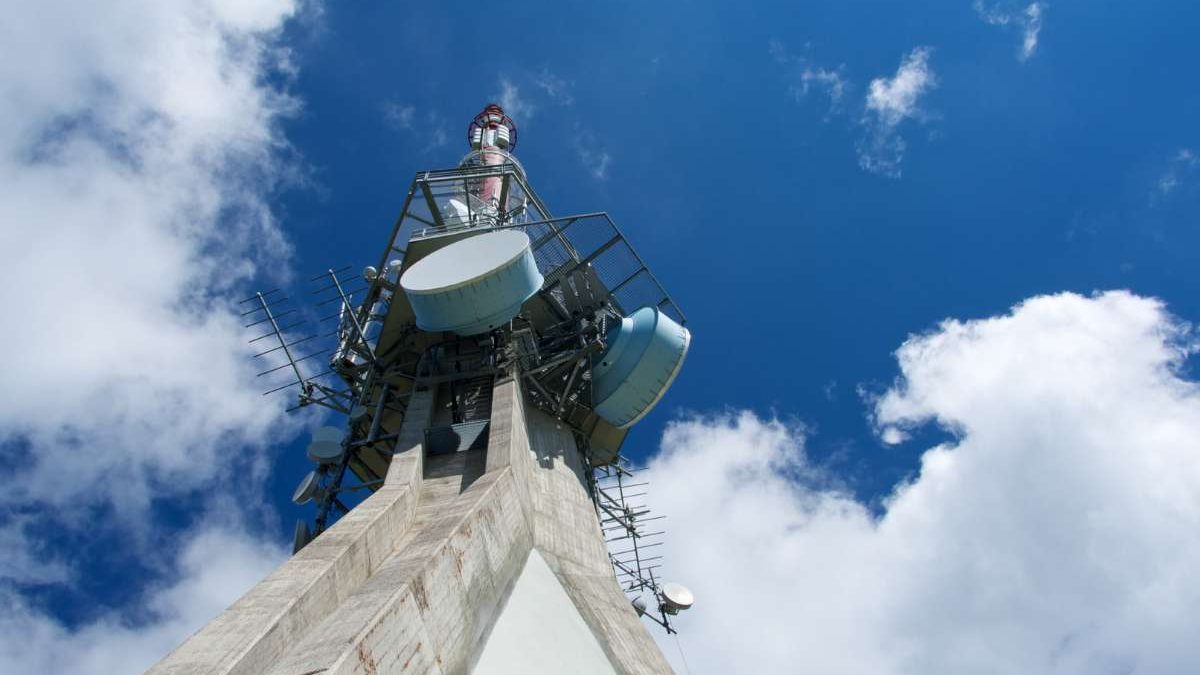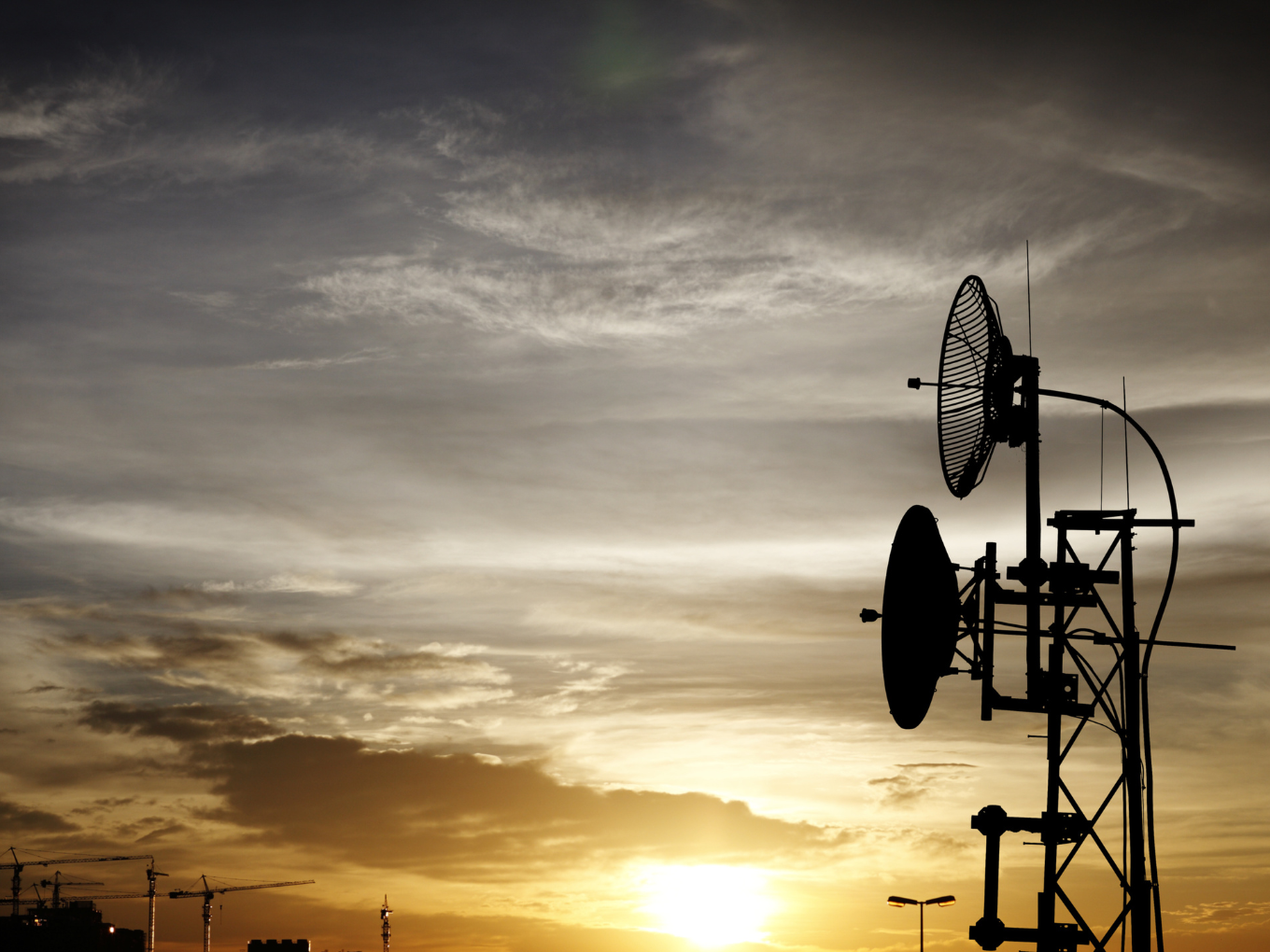Supreme Court’s Acceptance of Telcos’ Curative Plea on AGR Dues: Open Court Hearing 2023

Supreme Court’s Acceptance of Telcos’ Curative Plea on AGR Dues: Open Court Hearing 2023
The Supreme Court of India has agreed to hear a curative petition filed by major telecom companies regarding the Adjusted Gross Revenue (AGR) dues, in an open court setting. This decision has the potential to significantly impact the telecom industry and its stakeholders. Here’s a comprehensive overview of the situation:
The AGR is a fee-sharing mechanism between the government and the telcos. Initially, the dispute centered on the definition of AGR. The Department of Telecommunications (DoT) claimed that the AGR includes all revenues (not just core telecom services), whereas telcos believed it should comprise only the revenue from core telecom services.

In October 2019, the Supreme Court upheld the DoT’s definition, which meant that the telecom companies owed the government nearly INR 1.47 lakh crore in back dues, comprising license fees, spectrum usage charges, penalties, and interest.
The Department of Telecommunications (DoT) made mathematical mistakes when calculating the adjusted gross revenue (AGR) due, prompting Vodafone Idea and Bharti Airtel to file curative petitions. On Monday, the Supreme Court consented to hear these arguments in open court. In most cases, the court hears review and curative petitions in the respective judges’ chambers. The top court hasn’t set a precise date to hear the case, though.
If a review petition submitted in response to a final ruling is denied, a curative petition may be brought before the Supreme Court. All incumbent telecom providers were required to pay dues of Rs 1.69 trillion computed through FY17 after the Supreme Court confirmed the DoT’s definition of AGR in October 2019.
Following the decision, the telecom companies petitioned the Supreme Court for a review, claiming mathematical mistakes and emphasising a considerable discrepancy between their calculations and those of the DoT. The SC, however, banned them from self-assessing their dues and denied their review appeal in July 2021, which sought to correct mistakes.

According to DoT calculations, the total liability for Bharti Airtel and Vodafone Idea as of FY17 was Rs 43,980 crore and Rs 58,254 crore, respectively. While Bharti Airtel estimated its obligation to be Rs 13,004 crore, Vodafone Idea estimated its real liability to be about Rs 21,533 crore based on the telecoms’ self-evaluations.
Both Vodafone Idea and Bharti Airtel filed a review appeal in August 2021 in opposition to the Supreme Court’s judgement from July 2021. “It is a travesty of justice that the petitioner is restrained from questioning arithmetical errors/omissions, which are going to cost the petitioner approximately Rs 25,000 crore,” Vodafone Idea had said in its review appeal.
Senior solicitors Harish Salve and KK Venugopal are defending telecommunications in the judgement. Salve brought forward a new argument on Monday before a bench that included the Chief Justice of India (CJI), DY Chandrachud, and Justices JB Pardiwala and Manoj Misra.
After hearing that the SC has agreed to hear the curative petition in public, Vodafone Idea shares on Monday jumped as much as 4%, reaching a high of Rs. 11.38 before settling at Rs. 10.90.
Last Monday, the DoT overruled Vodafone Idea’s objections to licencing fee claims of Rs 3,273 crore ($1,749 crore and $1.524 million, respectively) for the 2016–17 fiscal years.

After the October 2019 verdict, the telecom companies filed a review petition, which was dismissed by the Supreme Court. In light of this, the telcos have now taken the last judicial recourse available to them—a curative petition. In a curative petition, the petitioner seeks to correct an alleged error in a judgment, even after a review petition has been dismissed.
The decision to hear this plea in an open court setting is significant because most curative petitions are decided in the chambers without an open court hearing.
The telecom industry, already grappling with thin margins and high debt, viewed the Supreme Court’s AGR verdict as a massive setback. Companies like Vodafone Idea and Bharti Airtel faced the brunt of the judgment with substantial dues.
If the curative petition is unsuccessful, these telecom giants might have to make considerable payments, which could further strain their financials. On the flip side, if the court reconsiders its stance, it could provide a much-needed relief to the industry.

The implications of this decision are not limited to the telecom industry alone. Banks, which have significant exposure to these telcos in the form of loans, are closely watching the proceedings. A negative outcome for the telecom companies could translate to higher risks for these banks.
Moreover, with fewer players in the market, consumers might face reduced competition, leading to potentially higher prices and fewer choices in services.
As the Supreme Court agrees to hear the curative plea in an open court, all eyes are on the proceedings. The decision can reshape the contours of the telecom industry in India. Stakeholders, including consumers, industry players, and the government, await the court’s judgment with bated breath.

Whether the Supreme Court will maintain its earlier stance or provide relief to the telecom companies remains to be seen. Either way, the outcome is set to leave an indelible mark on the industry and the broader economy.






